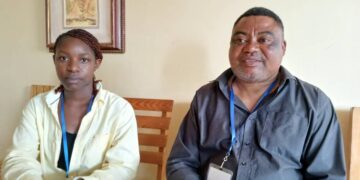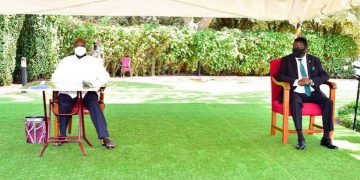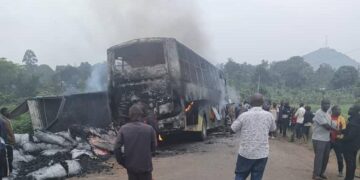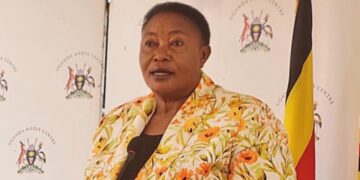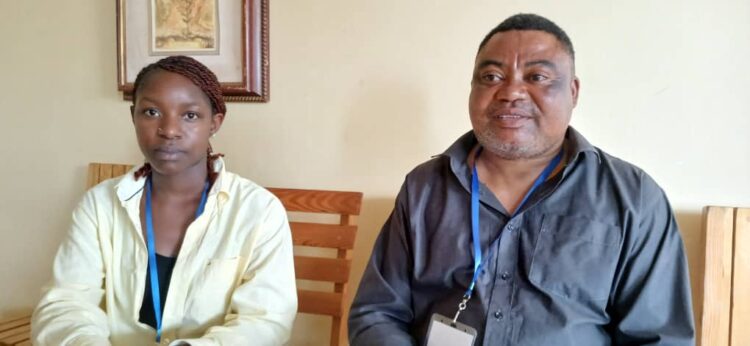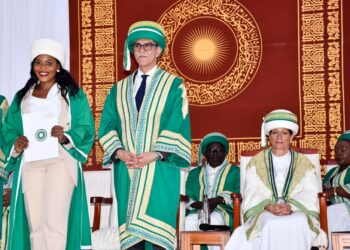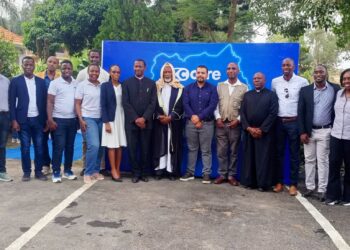Refugee-led organisations in Uganda have called for improved and equal access to healthcare, especially sexual and reproductive health and rights (SRHR) services.
The call came during a two-day regional SRHR training workshop at Old Kampala Hill Club on Thursday. During the workshop, participants claimed that many refugees turned away from public hospitals, confronted by discrimination, chronic drug shortages. They also pointed out issues like unclear legal policies which they say affects access to SRHR services for refugees.
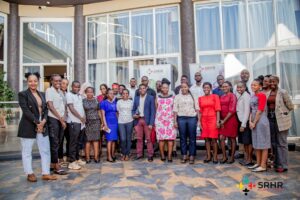
Bibe Kalalu, a Congolese national and Director of Angels Refugees Support Foundation (ARSF), said many refugees are denied quality care despite Uganda’s commitment to provide services to all.
“We are all human beings. What will happen to nationals will also happen to refugees. The law is the same,” Bibe stressed, urging government to act on the gaps.
He cited barriers including inadequate medicines, and unclear legal frameworks, especially on sensitive issues like safe abortion.
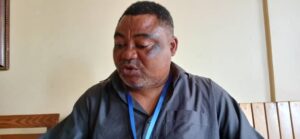
While Uganda is globally praised for its progressive refugee policy, civil society organisations say gaps in the healthcare system undermine those gains, especially for vulnerable groups such as adolescent girls, women, and persons with disabilities.
“When you talk of SRHR, there’s no way you will avoid abortion. Here you tell me I should have sexual rights, but on the other hand, if I abort, I am in danger. It is a mixed-up policy environment,” Patrick Akenda, ARSF Programs Manager explained.
Civil society actors at the meeting said restrictive laws particularly hurt vulnerable refugee groups like adolescent girls, PWDs many of whom face unintended pregnancies without social or financial support. They called for an inclusive policy framework, creation of jobs to enable refugees to meet their own healthcare needs, and increased donor funding for health services in refugee-hosting communities.
“When donors fund health services, the benefit goes beyond refugees. Nationals who cannot afford quality healthcare also get treated,” Bibe noted.
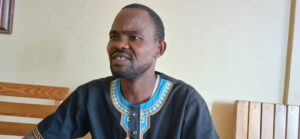
CSOs also urged the government and partners to counter myths around SRHR, which some communities wrongly equate to promoting homosexuality and sexual immorality.
The workshop, themed “Strengthening Partnerships for Inclusive and Equitable SRHR for Vulnerable Refugees and Host Communities,” brought together CSOs and regional stakeholders to share best practices, address misconceptions about SRHR, and craft a regional action plan.
Participants resolved to scale up community awareness campaigns, improve coordination of SRHR programs, and lobby for legal reforms to ensure inclusive healthcare access in the region.
